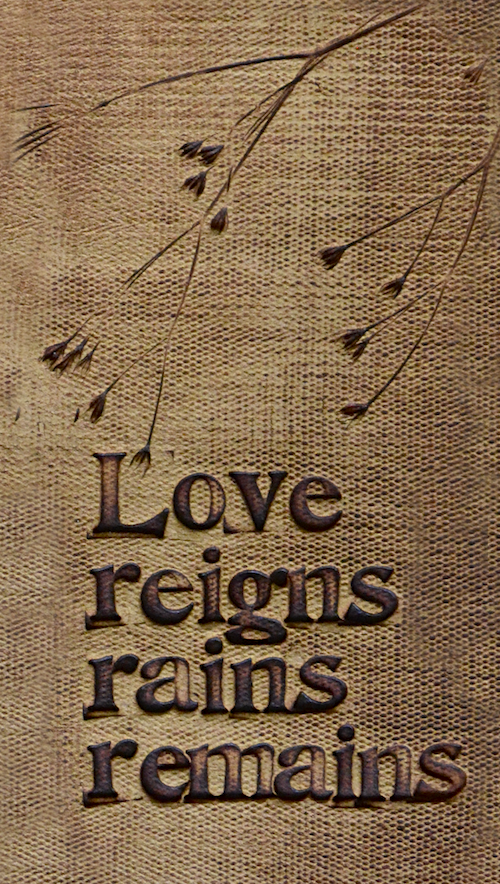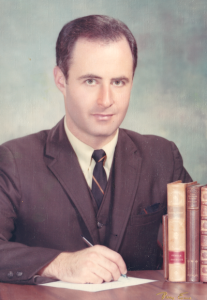One of Alan’s loves was music. He improvised on the piano since he was a boy. Enjoy listening to Alan play his music while you read this section – or you can easily mute it.
Last Substantive Conversation
 On December 12, 2012, my daughter, Erica, was visiting from Brussels, Belgium. She wanted to see Alan before he passed, and she wanted our grand-daughter Eloise, age 12, to be able to see him also.
On December 12, 2012, my daughter, Erica, was visiting from Brussels, Belgium. She wanted to see Alan before he passed, and she wanted our grand-daughter Eloise, age 12, to be able to see him also.
In the late afternoon Alan, Erica and I went upstairs to my large, comfortable multi-use room with a beautiful view of Bellingham Bay and the Canadian mountains. We sat in comfortable chairs. Erica and I told Alan that we wanted to ask him some questions. We spontaneously began. We spent an hour together. I am fortunate to know “shorthand.” This enabled me to listen and engage and still capture what Alan told us.
This is a compilation of what Alan said, including some direct quotes by him. Alan was still able to string sentences together. This was the last substantive conversation of such length that I had with Alan.
We began by talking to Alan about how he healed naturally from laryngeal cancer in only four months. He said, “I think the fact that so many people were praying for me daily at 7:30pm, there were hundreds of people who claimed they were praying for me for four months. That’s a lot. That had a huge impact on me.”
“A big part of it is accepting the fact that I was going to die. It opened me up for everything else. Maybe I didn’t have to pretend anymore. Up to that point, I felt my life was a big pretense, and I was trying to live up to the image that I had of myself as to what I was supposed to be. And once I got a critical illness, then none of that made a difference anymore.”
I mentioned to Alan that I may write a book someday about our story. He said, “This is a story about the journey I have taken through illness and how I’ve hoped to die. This is the story of my life, my wife’s life, my family’s life and how it affected our community.”
Alan continued with some comments about his life: “I was a Harvard graduate. I was a brain. My family told me in the first grade that I had to do well in the second grade, and on it went. I went through life pleasing other people and always living up to these standards. Then I got cancer, and I lost my brain to Alzheimer’s, and I realized that I’m okay just the way I am. I am inner peace that I’ve never had before.”
“It doesn’t matter what you do. It only matters how you do it. I always thought it mattered what I did and how I prepared for that, and now I know it doesn’t make any difference. Now I know it’s how you go about doing it.”
“I learned to accept myself for what I am and not for what I do.”
We asked, “What are you.” Alan replied, “I am peace. I am love. I am loved.”
“Everybody has beliefs about what they think they should do and be. A belief is a story you have about yourself. It is not the Truth.”
“I think for me all of my beliefs were limiting. And I’ve learned to let that go. Maybe someone will read the book and say, ‘I have a belief about myself and it’s not true.’ “If you change your beliefs, you can change your life.”

